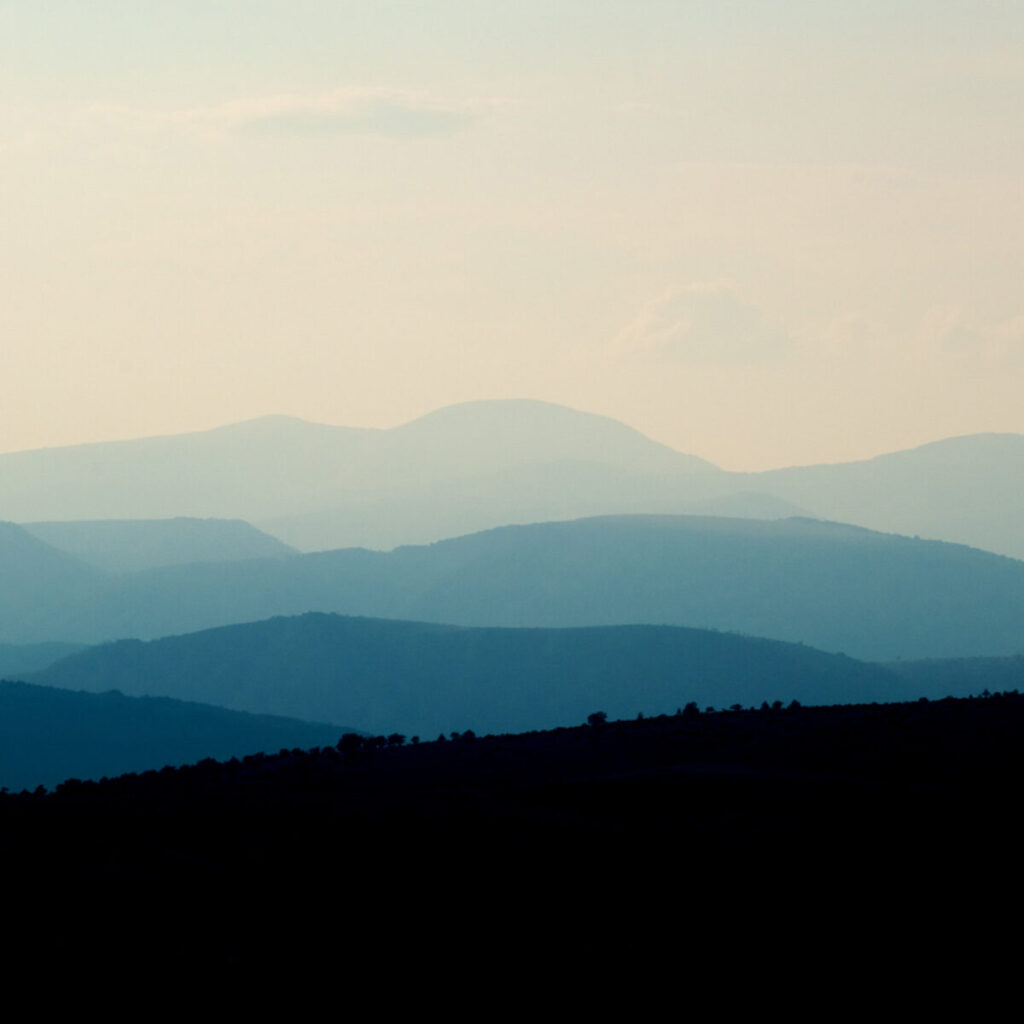
I’ve been mulling over the most recent article I wrote – “The Illusion of Free Will” for a couple of weeks now, and the thing is – I don’t really agree with it. At least, not fully.
This is going to be an article where you don’t get any set, defined answers, so if you don’t like articles of that kind, skip over this one now.
The question of whether humans – or any sentient being – has free will was one of the first big philosophical questions I ran into in my undergraduate science degree.
At the time, I had an assumed belief that humans had free will, that we were ultimately responsible for the decisions we made, and should be held accountable for our actions. The more I looked into this belief, however, the less it seemed to make sense.
In order to really explain my “position” on this, I’m going to have to get quite deep. Think ultimate nature of reality deep.
I think the best way to do that is with a diagram. This will obviously be limited too, but it’s the best way I know how to convey my perspective.

At the ultimate level, there’s the Source of all existence. The ultimate One. The Infinite reality.
This is beyond the dualistic mind of humans. Beyond good and evil. Beyond right and wrong. Beyond this versus that.
As the Heart Sutra of Mahayana Buddhism states: “Gate gate paragate parasamgate bodhi svaha” which translates to “Gone, gone, gone beyond, totally gone beyond.”
Welcome to reality. This is the annihilation of the separate self. The ultimate perspective on reality. The eradication of distinction.
Not everyone wants this. Even those on the spiritual path, not many of those truly want ultimate truth – they want to just make their lives a little better.
That’s fine. Everyone has their path to walk, walk it freely as long as you choose!
I think this is the path I have chosen, however. Do I know that for a fact? No. It’s quite possible to me that I could stop short of this so long as my life was enjoyable.
There’s a part of me that feels I won’t be satisfied until I know the ultimate perspective however. Time will tell as far as that’s concerned.
Which brings me to the point of this post, which is kind of a rebuttal against my last post.
Even though ultimately everything is one, and ultimately everything comes from the same source, there is still simultaneously distinction. The Infinite reality can split itself up as much as it likes and still remain infinite.
And that’s what humans are. A splitting off of infinity.
Life is simultaneously all one and yet has distinctions within it.
Which is where the question of free will, along with the existence of the self, becomes a bit blurry.
Ultimately if there is only one and no separation, then obviously there can’t be any true free will or true separate self.
But within that reality, there exist the *appearance* of distinction. And those appearances are still relevant. They still have their own unique makeup. Their distinct preferences.
This is where, from my perspective, life becomes not a simple yes or no answer, but more like a three-layered answer.
There’s the ultimate perspective. Then there’s the unique individuation. Then there’s the mental construct or ego level of identification.
The third layer, the ego layer, is the one that I think is entirely illusory and that humankind would be much better off getting rid of entirely.
But that still leaves the unique individuation level. The level where life is seen from the ultimate perspective but acknowledges the distinct manifestations of that ultimate one.
And that’s where it could be said that “free will” is not an entirely erroneous concept.
If a unique individuation has a desire, and the freedom to act upon that desire, then for all intents and purposes that could be said to be a free choice.
The issue is not so much about answering a question definitively as it is about removing set belief systems.
The belief in true free will is problematic, just as the belief in no free will is problematic. The question instead becomes “from what perspective are you asking that question?”
Because the answer differs depending on what perspective you’re asking the question from.
So, do we have free will? Yes and no. Does the self exist? Yes and no. Is this answer going to satisfy you? Yes and no.
In love and light,
Will.
For more stories like this, including mental health, extraterrestrials, and spirituality, please subscribe to my blog, or follow my Facebook page “The Ostrich and the Elephant”, or find me on Twitter @willkenway, Medium @willkenway, or Instagram @will.kenway. Thanks!

